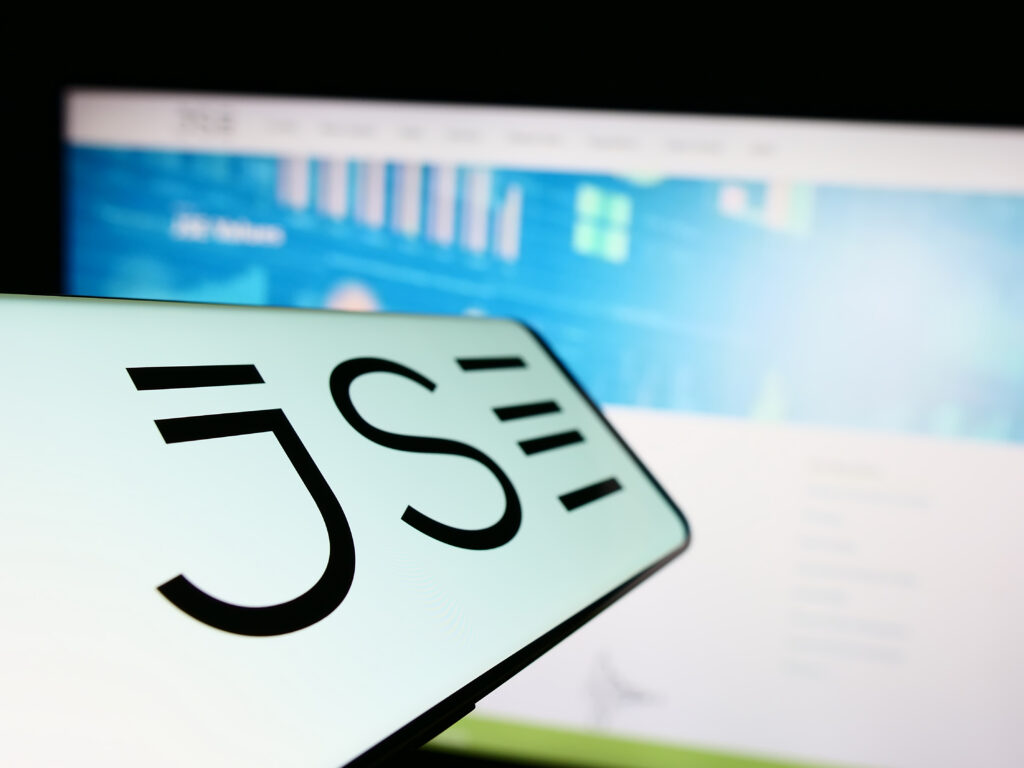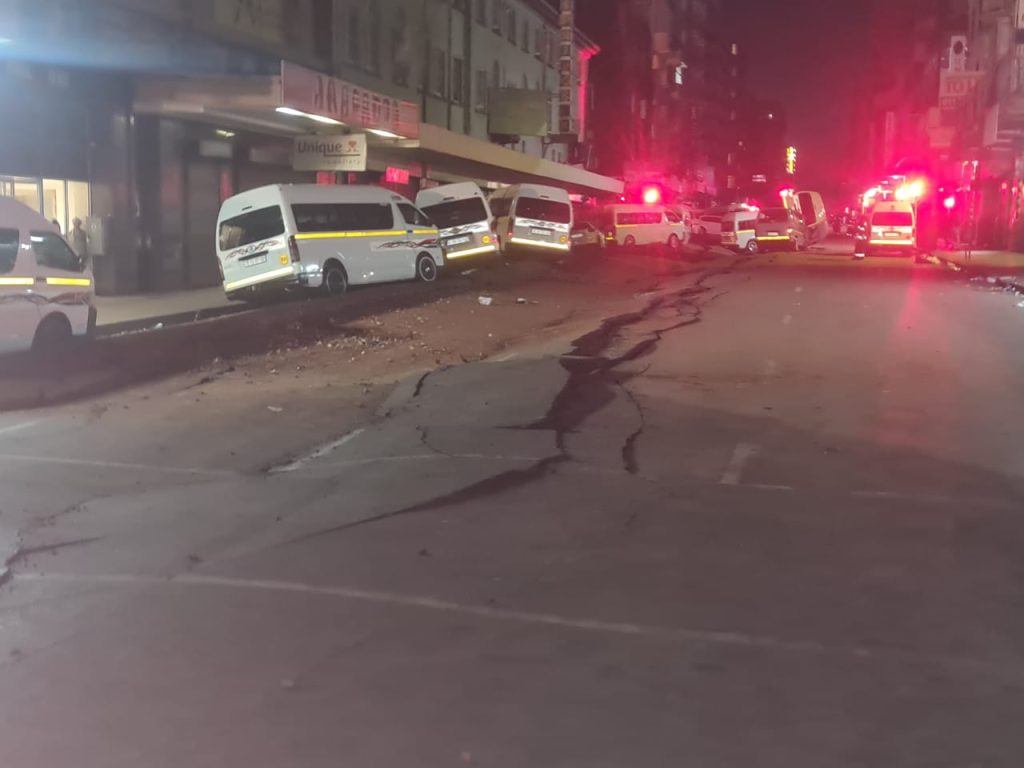You can also listen to this podcast on iono.fm here.
SIMON BROWN: I’m chatting with Andries van Heerden, CEO of Afrimat on the results for year-end February. Revenue up 36.7%, Heps down 87%, a dividend of 15 cents.
Andries, appreciate the time. Lafarge, which I think is in most of these numbers, is fully online operationally – but how is it doing?
ANDRIES VAN HEERDEN: Simon, it is fully integrated into our business now. We took full control in May last year. So as we speak it’s just about a year since we bought the business. It was a tough year, buying a business that is in such severe distress and turning it around. It’s not the first time we’ve done something like this, but it’s always extremely stressful. As you can see in the numbers it was tough.
But where we are right now, the business is starting to perform really well. The aggregates businesses are profitable and contributing. The ash business is also profitable and contributing, and the cement business is just about at break-even and gaining momentum fast. So it’s looking a lot better than a couple of months ago.
SIMON BROWN: You had a fairly significant rise in inventories, almost 80% higher. Is a lot of that being Lafarge?
ANDRIES VAN HEERDEN: A big part of that is Lafarge, yes.
SIMON BROWN: Finance costs obviously from the Lafarge acquisition. My question is going to be how quickly you think the sort of debt levels will normalise, although Afrimat never has had much debt. What does the debt landscape over the next couple of years look like for you?
ANDRIES VAN HEERDEN: Going back a couple of years when we bought our first iron-ore mine, we had a similar debt position just after the transaction in the first set of numbers we reported. So it’s a bit of a repeat of that. In total we’re sitting with around R2 billion of debt on the balance sheet. And if you just take last year – not this year with the results that we’ve just reported but the previous year – our net cash from operations was significantly over a billion rand.
If we just assume that we can get the business back to similar levels to that, it should take us probably about two years to get the business – let’s make it three years – to be debt-free again. As you say, Afrimat is traditionally a business that runs with very low debt levels.
SIMON BROWN: And good cash generation to dissolve that debt away. How is Transnet doing for you? You mentioned in the results it’s still a challenge. Are you seeing improvements? Is it still bleak?
ANDRIES VAN HEERDEN: It is looking marginally better in these numbers that we’ve just reported, compared to the previous year. We saw a small increase in total volume sold to the export market.
But I think more important is the approach of the new – well, they’re not so new anymore – current management team. It’s a pleasure to work with them, and they are very willing to work with us as an industry. So the prospects I think are a lot better than, say, two years ago. But the recovery will be slow. The backlog in maintenance on that system is just so severe that it’ll take them a while – take us all a while – to get that system back to its full potential.
SIMON BROWN: Yes. It’s not going to be a quick fix at all.
At Nkomati you had some problems with the Mozambican border closures, but there seem to have been some other challenges within Nkomati. How’s that going and what are the prospects there?
ANDRIES VAN HEERDEN: Nkomati is a very, very difficult mine. The geology is not easy. The environment is quite far – in a remote area with communities around it. It’s also quite challenging. There are a lot of challenges in that mine. But in the year that’s gone by we’ve actually seen huge progress. All those houses had to be moved and people relocated; that was all done. There were a lot of graves in the area where we want to mine. We managed to relocate those graves. There was a power line in place in the way, and we managed to relocate that.
There were a lot of things that that we managed to do, so I really do think that Nkomati is now set up for much better performance this year than last year. Let’s hope there are no surprises again.
SIMON BROWN: And geopolitical challenges, which are totally beyond everyone’s control.
Industrial minerals did really well, benefiting you say in the results from reduced load shedding; but a really strong performance from them.
ANDRIES VAN HEERDEN: Yes, they managed to run the business very smoothly. Some of the marketing efforts that they did in the previous year, when the load shedding hit the industrial customers, worked very well, especially on the agricultural lime side. That business – I’m very pleased with what the guys did there.
SIMON BROWN: You also mentioned a moment ago a very solid performance coming from aggregates, part of the construction materials and really delivering strong numbers.
ANDRIES VAN HEERDEN: Yes, remember that’s where we started, that’s where Afrimat started, and that’s still where I believe we have the deepest skills pool. So the business – both the traditional Afrimat businesses and the new Lafarge quarries that we acquired – performed well, and I think there’s still some legs left to improve margins, especially with the Lafarge businesses that are now starting to gain momentum again.
SIMON BROWN: All in, a tough set of numbers. We saw it coming. We chatted at the half year and even before that, before you’d actually taken over the Lafarge [businesses]. We were expecting this. My sense is a tough year, but a much better sort of financial ’26 ahead.
ANDRIES VAN HEERDEN: Yes, we trust that. Obviously it’s never possible to predict accurately, but from where I sit at the moment I’m very, very positive. I think the basis is in place. The job isn’t done yet with the turnaround of Lafarge. There’s still a lot of work to be done, but we’ve got the right team and the right people, and I’m very bullish about both that and some of the other businesses like Nkomati, even our iron-ore business. And I’m very, very positive about the year ahead.
SIMON BROWN: Andries van Heerden, CEO of Afrimat, I always appreciate the time.
Listen to the full MoneywebNOW podcast every weekday morning here.

 2 days ago
1
2 days ago
1





















 English (US) ·
English (US) ·